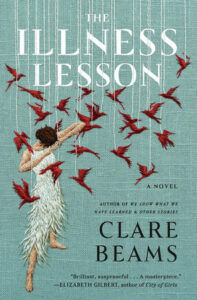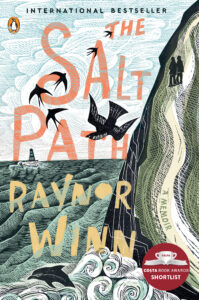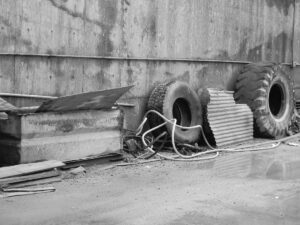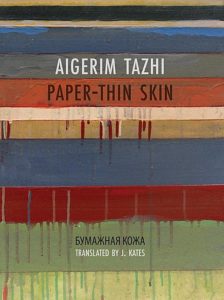Book by CLARE BEAMS
Review by ETHAN CHATAGNIER
The events of Clare Beams’ debut novel, The Illness Lesson, start with the founding of a school for girls in 19th-century New England, but the novel begins just before that with an omen. A flock of mysterious red birds visits the Massachusetts estate of Samuel Hood for the first time since the collapse of his previous social experiment decades earlier, a failed agricultural commune called the Birch Hill Consociation. Some find the birds beautiful, but to Samuel’s daughter, Caroline, their “shape might be a red so bright and so unexpected, so unlike the colors of her life, that it held a violence.” Samuel is a noted idealist in the tradition of Ralph Waldo Emerson, and he, Caroline, and his acolyte David live off the income of his Transcendentalist essays. The girls’ school is an attempt to prove his latest hypothesis: that girls can be ushered into the world of ideas as easily as boys.


















